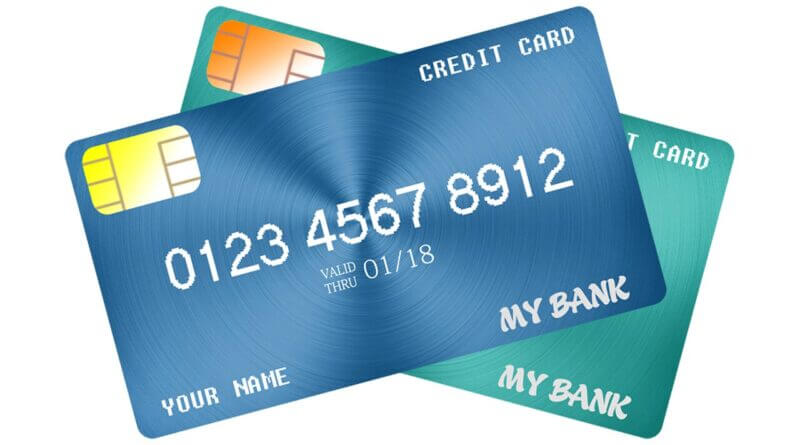Harris: Which Is Better—Secured or Unsecured Credit Cards
By Charlestien Harris, Retired Financial Coach, Southern Bancorp
The holidays are just a few months away, and if we’re being honest, most of our purchases will be made by sliding, tapping, or inserting a card. Now is a great time to evaluate which type of card might be the better choice when applying for one or deciding how to make a purchase.
If you’re trying to decide what kind of credit card to apply for, you may be wondering: should I choose a secured credit card or an unsecured credit card?
Before the holidays arrive, let’s explore how these cards work, the differences between them, and which option might be best for you.

Secured Cards
A secured credit card requires a refundable cash deposit to open an account. This deposit serves as collateral for the card issuer. The cardholder must pay this deposit upfront, and the amount typically equals the credit limit on the card. After the deposit is made, you can begin making purchases and paying your monthly statement just like with a traditional credit card. When you close the account, your deposit will be returned to you – though some issuers may return it earlier, so be sure to check the details with your financial institution.
Secured cards are ideal for individuals with low credit scores or limited credit history. They’re specifically designed to help people build or rebuild their credit without the overspending risks associated with unsecured cards. However, they often come with higher interest rates and additional fees.
Consider a secured card if:
- Your credit score is 669 or below
- You’re trying to build or rebuild your credit history
- You’re not ready for the risks of an unsecured card
- You don’t qualify for mainstream unsecured cards
Unsecured Cards
An unsecured credit card provides a credit limit without requiring a deposit. Most credit cards fall into this category. With an unsecured card, you can begin using it immediately without paying anything upfront. These cards tend to offer the best benefits, including cash-back rewards, travel perks, and lower fees. The higher your credit score, the more likely you are to qualify for an unsecured card with premium perks.
Unlike secured cards, unsecured cards don’t have a built-in spending limit tied to a deposit. This means it’s up to you to manage your spending responsibly. If you overspend and can’t pay your statement balance, interest will accrue, and debt can quickly become overwhelming if not managed carefully.
Consider an unsecured card if:
- Your credit score is 670 or above
- You have a strong credit history
- You understand the risks of spending on credit
- You’re confident in managing monthly bills and paying your balance in full
- You’re looking to earn cash-back rewards and other perks
The upcoming holiday season is when many purchases will be made using credit cards – secured or unsecured. Whichever card you choose, take time to learn about credit, debt, and healthy payment strategies before applying or using your card.
For more information, feel free to email me at charlestienharris77@gmail.com or write to me at P.O. Box 1825, Clarksdale, MS 38614.
Until next week – stay financially fit!
Charlestien Harris is our financial contributor, a retired financial expert with Southern Bancorp Community Partners.





